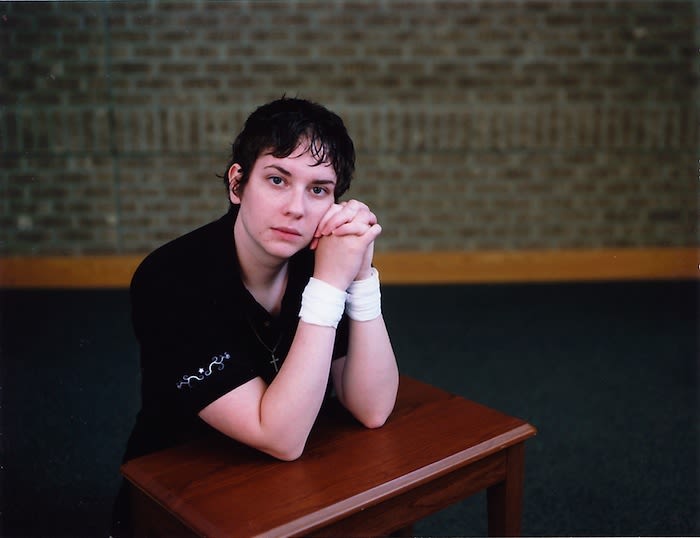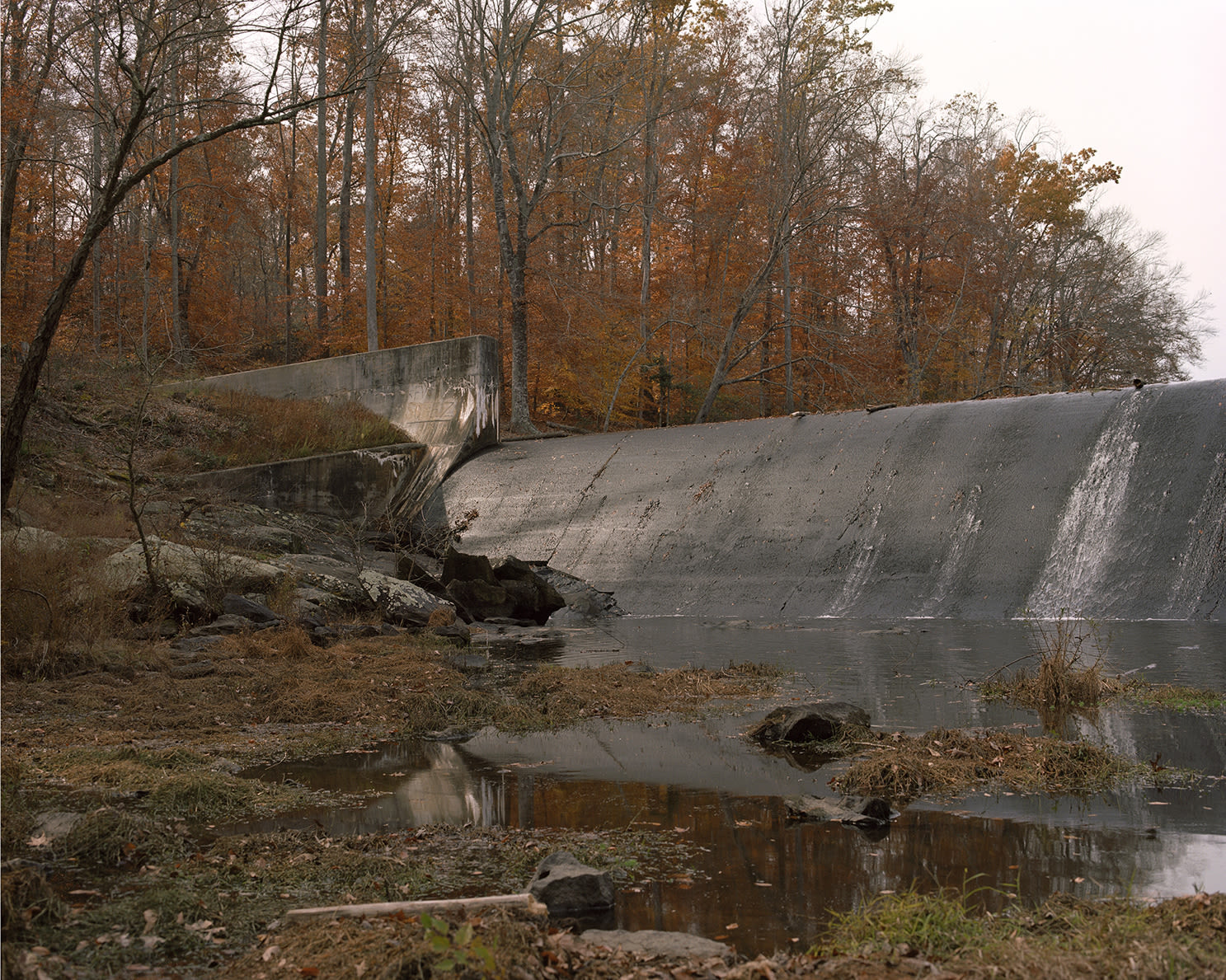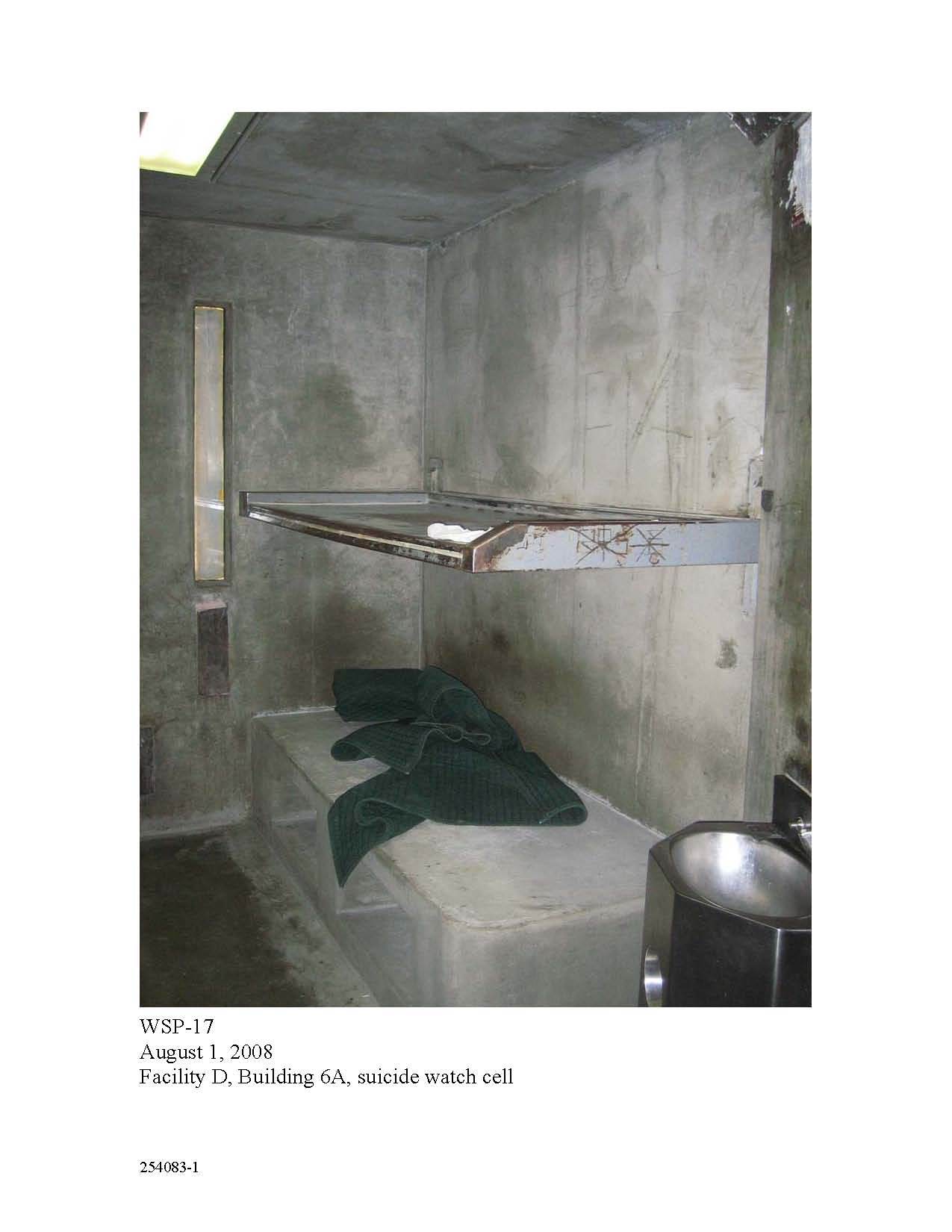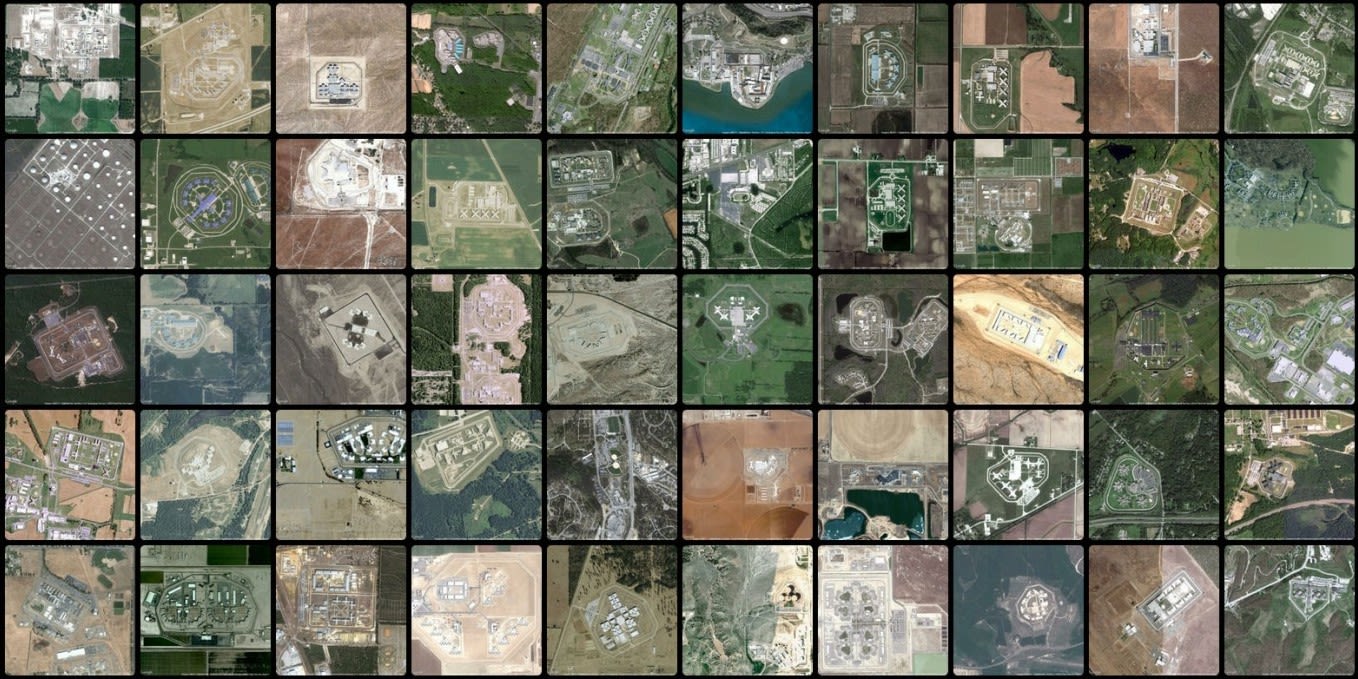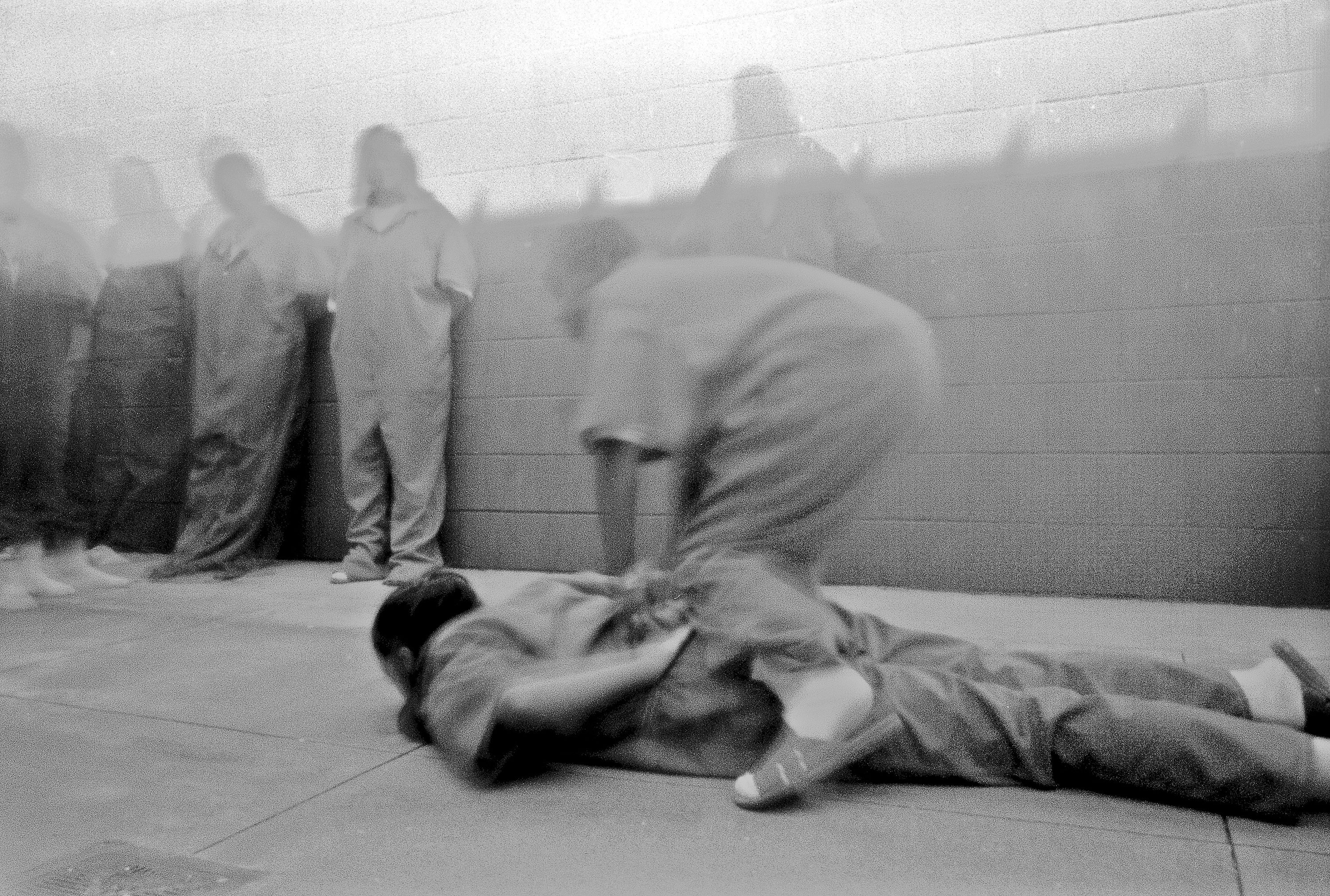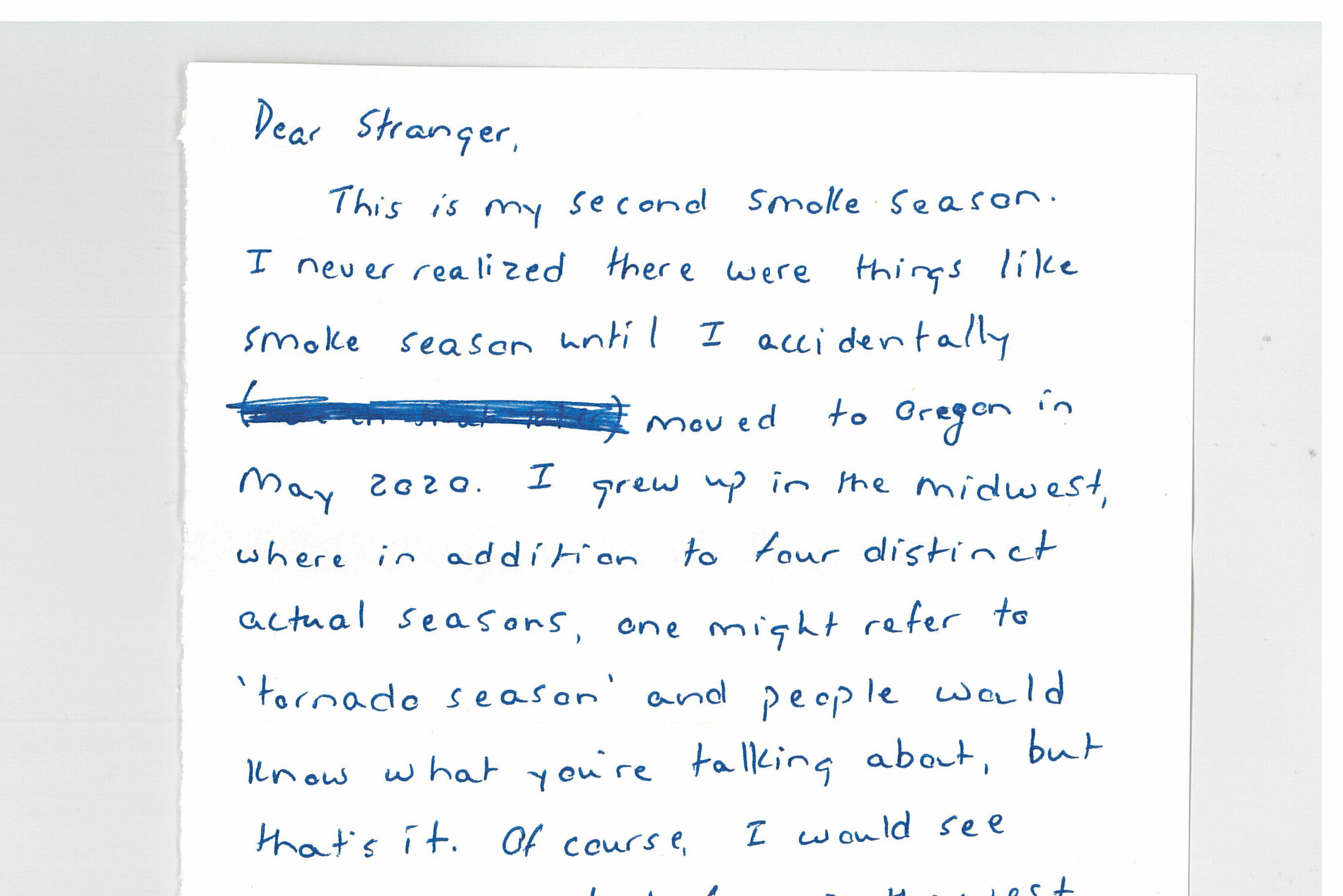Shooting Time: An Exhibition of Photos from US Prisons Opens in Portland
“It’s a human rights abuse,” says Pete Brook, curator of Prison Obscura, a group exhibition opening at Newspace Center for Photography on Friday, April 1. “Nobody uses prisons like America uses prisons. Nobody throws away vast swaths of its society like America.”
He’s talking about the more than 2.2 million people incarcerated in America, a number that, according to one report, is almost four times what it was in 1980.
Brook has long been collecting images of the prison system at his website Prison Photography, which he launched in 2008. “I had this interest which didn’t really land anywhere, so I just decided to start publishing on my own and pursue it, to see if anyone wanted to come along for the ride,” he says. “It was more to sort out this visual history that had kind of been ignored.”
An encounter in Portland in 2012—he met Matthew Callinan, the Associate Director and Exhibitions Coordinator at Pennsylvania’s Haverford College at a conference here—led to the first exhibition of these images at Haverford, in January 2014. Since then, Prison Obscura has been shown in five other cities, with Portland's Newspace its seventh and final venue. And for Brook, who has been speaking on the issue for years, it’s his last chance to really drive home the problems he sees with the prison industrial system.
“I understand why people don’t want to look at prisons. It’s a very emotive issue. I don’t know what people’s relationship to crime has been, and I understand if people are angry are scared,” he says. “But if you just look at the system, clearly it doesn’t work. It doesn’t make us safer, and it doesn’t improve people, it doesn’t rehabilitate the majority of those who are subject to the system.”
For Brook, Prison Obscura is a moment for citizens—those of us whose taxes pay for this system few of us have any real encounter with—to see exactly where their money goes, and what he believes they bear some responsibility for. “I don’t want to shame anyone,” he says. “I just want them to look at the stats, and face reality. We need to do something profoundly, profoundly different, because warehousing people and building more and more prisons is a one-way path to disaster.”
And for prisoners themselves, it’s a chance to give their experience the kind of visibility largely denied by incarceration. “In prisons, cameras are a security tool. They’re never an artistic tool,” he says. “So what happens when only the authority, has the ability to see, to surveil, and to make images? For that reason, with Prison Obscura I tried to find projects that in their very production empowered prisoners.”
Prison Obscura is at Newspace Center for Photography from April 1–May 28.
